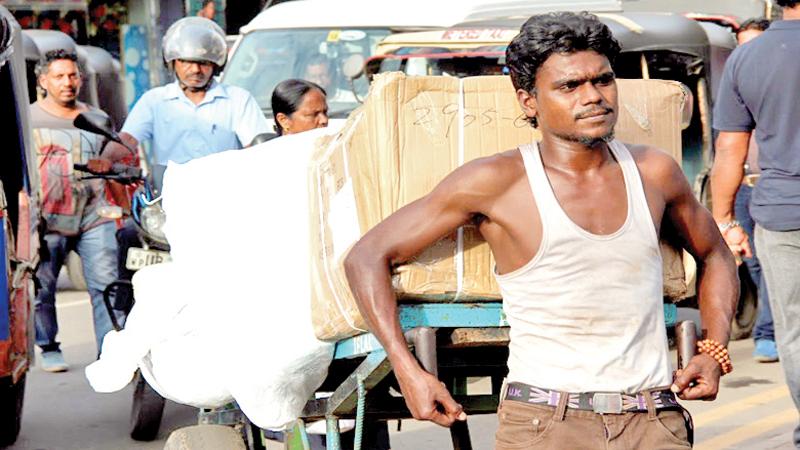
During the 2022 IMF and World Bank Spring Meetings in Washington, DC, IMF Managing Director Kristalina Georgieva and other senior members of IMF management met a Sri Lankan delegation, led by Finance Minister Ali Sabry and Central Bank of Sri Lanka Governor Nandalal Weerasinghe, and discussed policy action to address economic challenges.
The IMF team for Sri Lanka held initial technical discussions on an IMF-supported program with the delegation. Following which Mission Chief for Sri Lanka, Masahiro Nozaki, issued the following statement:
“During April 18–22, the Sri Lankan delegation and the IMF team had fruitful technical discussions on the authorities’ request for an IMF-supported program. The discussions covered recent economic and financial developments in Sri Lanka, the need for implementing a credible and coherent strategy to restore macroeconomic stability, and the importance of stronger social safety nets to mitigate the adverse impact of the current economic crisis on the poor and vulnerable.
The IMF team welcomed the authorities’ plan to engage in a collaborative dialogue with their creditors.
“Going forward, the IMF team will support Sri Lanka’s efforts to overcome the current economic crisis by working closely with the authorities on their economic program, and by engaging with all other stakeholders in support of a timely resolution of the crisis.”
Nozaki said last week an IMF-supported program should be designed to resolve Sri Lanka’s acute balance of payments problems and put the economy back on a sustainable growth path as early as possible.
He said the IMF is concerned about the economic crisis in Sri Lanka and hardships suffered by the people, especially the poor and vulnerable and added that the Managing Director met the Sri Lankan delegation on April 18 for discussions which covered economic and policy developments, the authorities’ policy plans, and options of IMF lending for Sri Lanka.
The 2021 Article IV staff report published in March 2022 clarifies that, in IMF staff’s view, Sri Lanka’s public debt is unsustainable, the IMF Mission Chief said noting that when the IMF determines that a
country’s debt is not sustainable, the country needs to take steps to restore debt sustainability prior to IMF lending.
Thus, approval of an IMF-supported program for Sri Lanka would need adequate assurances that debt sustainability will be restored, Nozaki said. The specific design of Sri Lanka’s IMF- supported program, including the program targets and conditionality, would be agreed through extensive discussions between the authorities and IMF staff, and guided by the applicable IMF policies. The discussions are still at an early stage, he said.
The precondition of debt sustainability is also applicable to emergency financing such as a Rapid Financing Instrument. IMF emergency financing such as RFI provides rapid financial assistance in case of urgent balance of payments needs, including those arising from commodity price shocks, natural disasters, and conflicts. It is designed for situations where a full-fledged economic program is either not necessary or not feasible.
